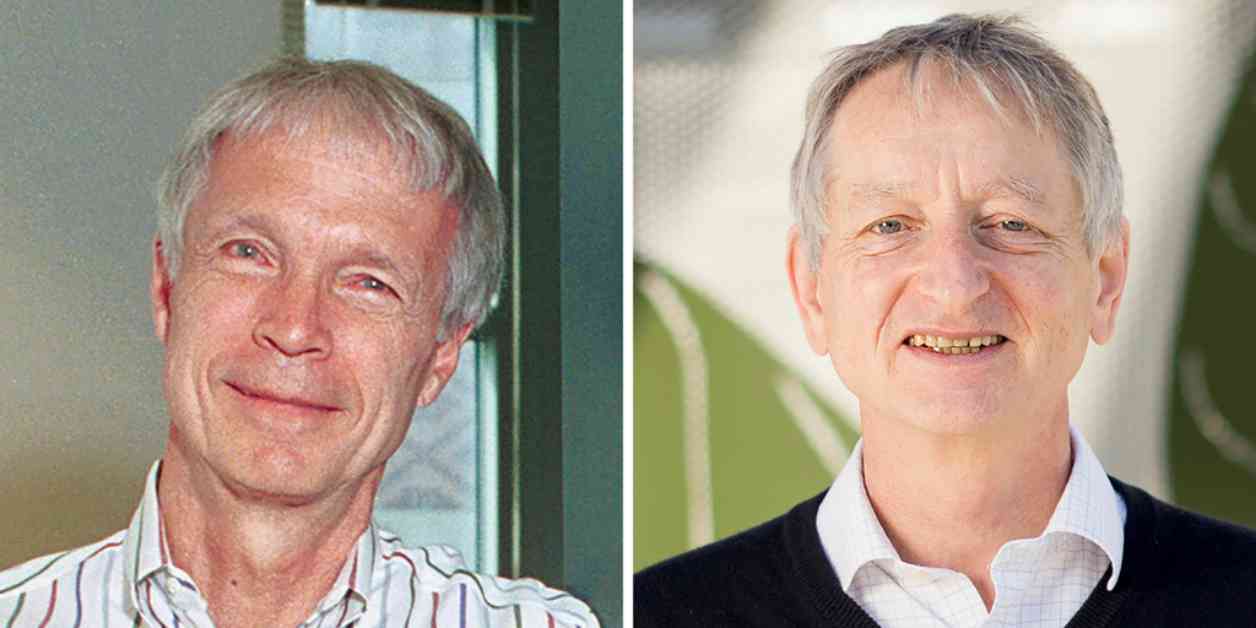John Hopfield and Geoffrey Hinton, two pioneers in the field of artificial intelligence, have been honored with the Nobel Prize in Physics for their groundbreaking work in machine learning. Hinton, known as the godfather of AI, holds dual citizenship in Canada and Britain and is a professor at the University of Toronto. On the other hand, Hopfield is an American researcher working at Princeton University.
Their contributions have laid the foundation for the machine learning revolution that we are currently experiencing. Artificial neural networks, inspired by the human brain, have become essential tools in various fields such as science, medicine, facial recognition, and language translation. Ellen Moons, a member of the Nobel committee, highlighted the impact of their work on our daily lives.
Both Hopfield and Hinton have expressed their amazement at the influence of their research. Hinton predicts that AI will significantly impact civilization, similar to the Industrial Revolution, by enhancing productivity and healthcare. However, they also acknowledge the potential risks associated with AI technology, emphasizing the importance of using it ethically and responsibly for the benefit of humanity.
The Nobel committee’s recognition of their work underscores the critical role that machine learning plays in our society. Hinton’s development of backpropagation in the 1980s revolutionized how machines learn, leading to significant advancements in AI technology. His team’s victory in the ImageNet competition marked a pivotal moment in the history of AI, inspiring future generations of researchers.
Hopfield’s associative memory model has paved the way for new approaches in machine learning, such as the Boltzmann machine, which can identify patterns in data. His work, combined with Hinton’s innovations, has shaped the modern landscape of artificial intelligence. Their ability to connect physics with neural networks has been instrumental in advancing the field of AI.
As we celebrate the achievements of these Nobel laureates, we are reminded of the profound impact that their research has had on our lives. Their work serves as a testament to the power of human ingenuity and innovation in shaping the future of technology. With continued advancements in machine learning, we can look forward to a world where AI enhances our capabilities while also addressing the challenges that lie ahead.




